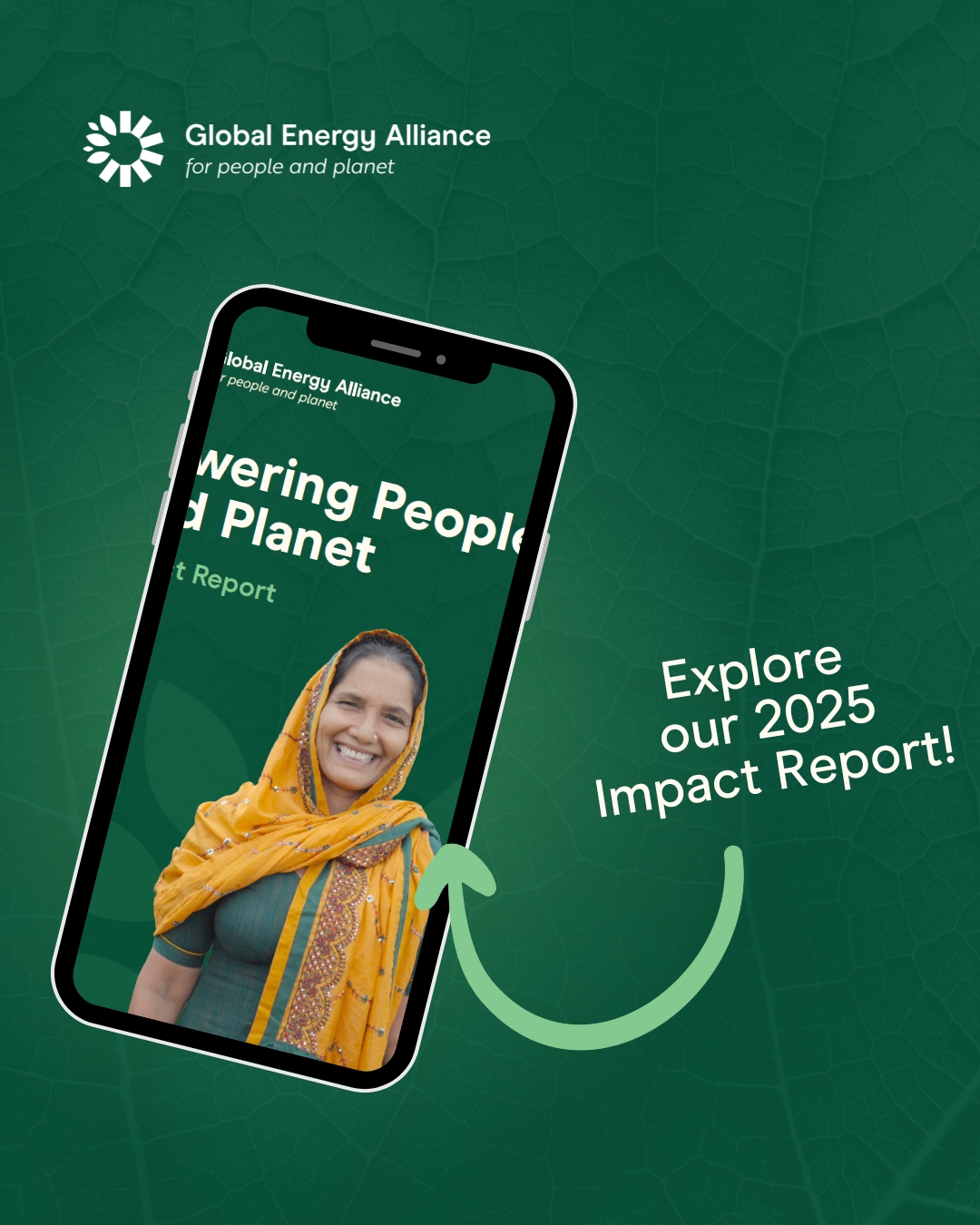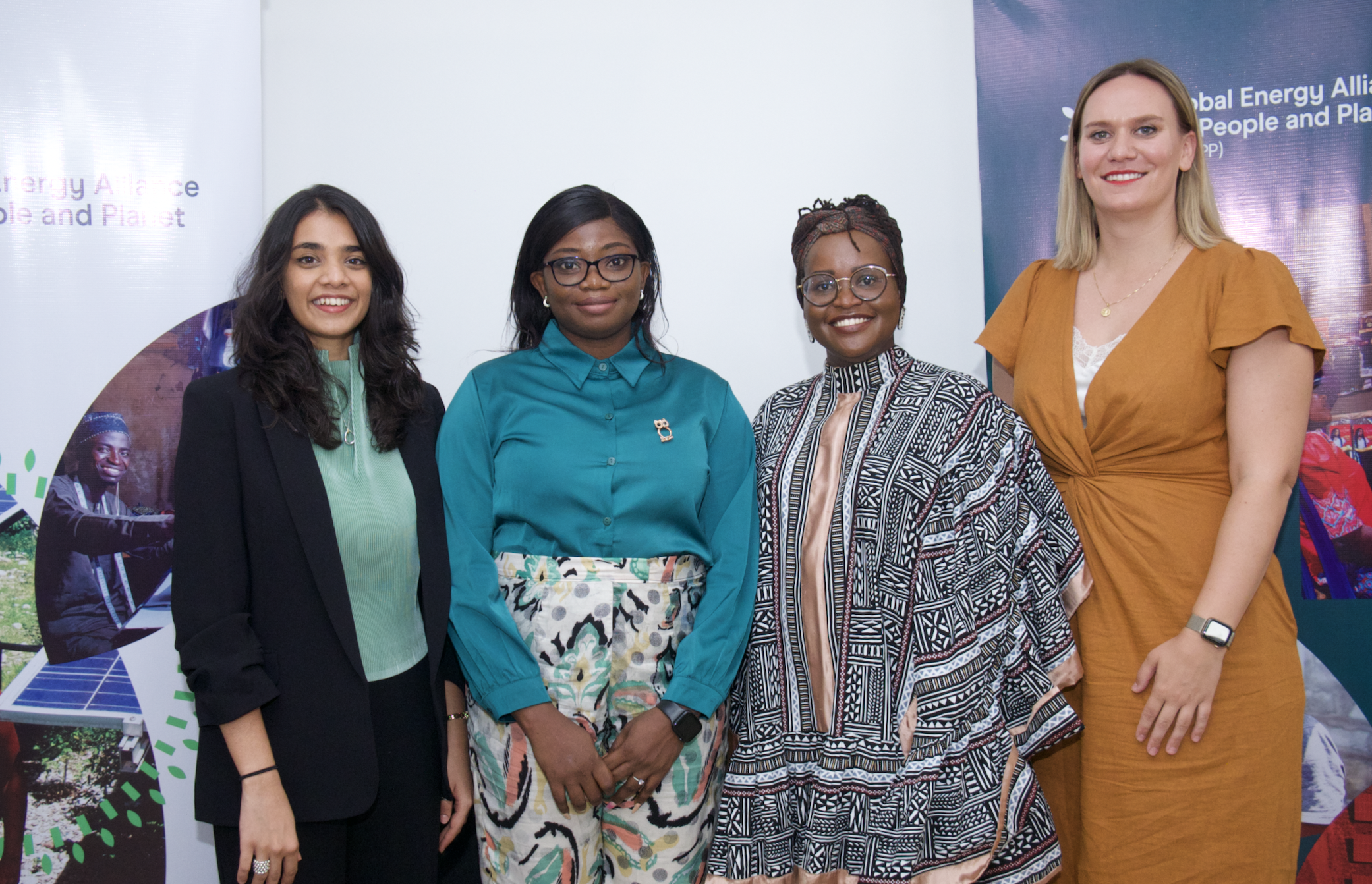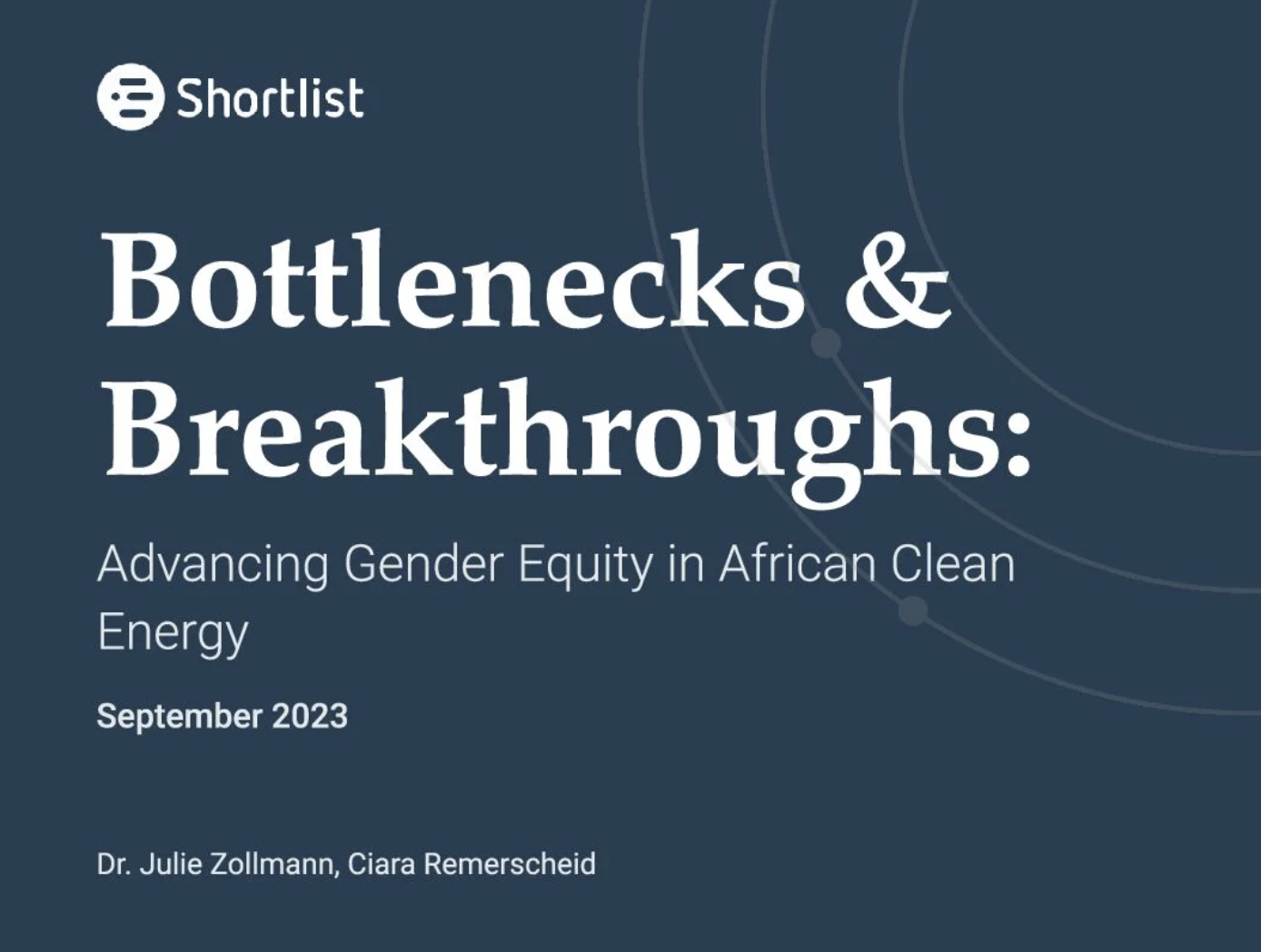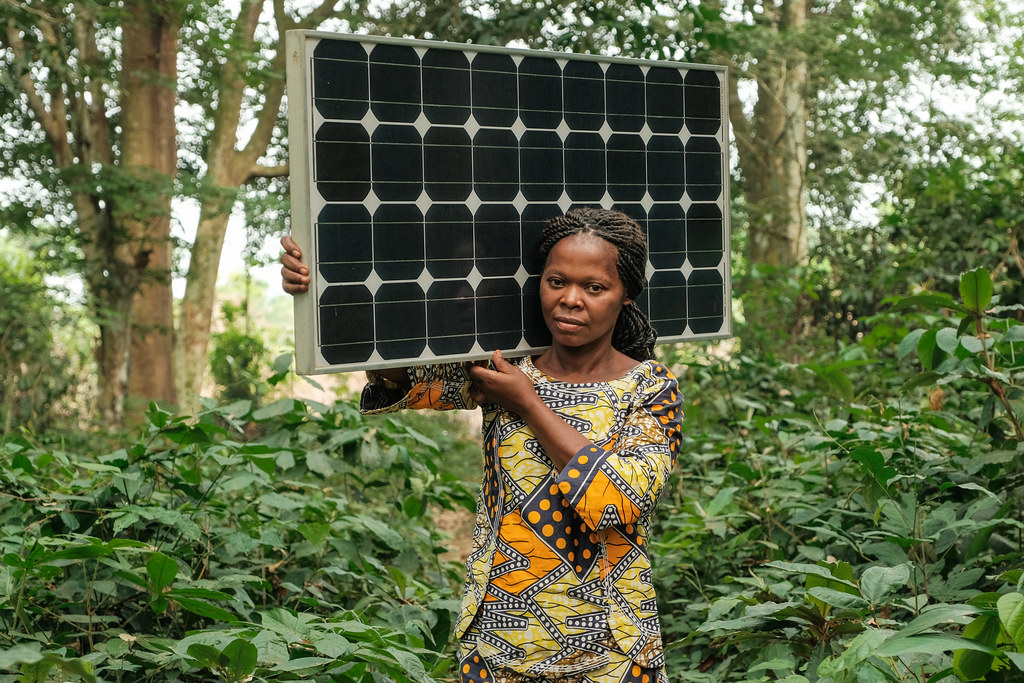Empowering Women in Clean Energy: Advancing and Retaining an Equitable Workforce

Women are increasingly taking on leadership roles in the renewable energy sector, establishing businesses as energy producers, distributors and service providers. Women are also taking on an increasing number of roles at the entry level in clean energy companies across Africa – in fact, more women make up roles in renewable energy than the traditional energy sector. Companies are also paying more attention to gender in their policies and operations. Over the last five years, companies have adopted more inclusive practices such as flexible working hours, implementing more stringent safety measures and hiring women into traditionally male-dominated roles.
Shortlist has sought to accelerate this trend, implementing a range of gender-lensed talent programs over the last six years, resulting in 66% female representation, well above the current industry benchmark of 32% female employees. Under Shortlist’s “Women For Green Jobs” program, funded by the Global Energy Alliance for People & Planet (GEAPP), we are supporting more than 750 women transitioning into clean energy careers, and working with Value For Women and other partners to promote gender equity in clean energy workspaces and success on the job. Through this work we will give young women critical first-hand work experience, offer job search support, and train hundreds of women with the technical skill needed to take on roles in finance, operations and maintenance, and engineering. Yet, despite this progress, women remain severely under-represented across levels of management in clean energy companies. In renewable energy companies in sub-Saharan Africa, women hold 25% of leadership roles and 26% of middle and lower-level manager roles, respectively. A key to unlocking parity across these levels is to focus on how women, the sector and the surrounding enabling environment can focus on how to advance and retain women to ensure they are recognized and promoted for their valuable contributions.
This report builds our previous report, “Bottlenecks & Breakthroughs: Advancing Gender Equity in African Clean Energy”, and tries to further address what limits women’s advancement and retention. It also draws upon the broader literature on the topic as well as our own hands-on hiring and program experience and conversations with sector employees and experts. For this report, we spoke to six climate and energy companies, 85 current female candidates, and 120 previous placements to understand their long-term income gains. Within this report, readers will find a framework for understanding the causes of gender inequity in African clean energy, as well as stories and perspectives from current, former, and prospective female employees in the clean energy sector to better understand how women can be better recognized, while also offering approaches and interventions which may help. We’ve also included the sector’s first pay equity analysis, providing the industry’s first baseline from which we can evaluate future programs and interventions to support women’s employment in green jobs. Finally, we draw conclusions on some areas of opportunity as we seek to create a more equitable and inclusive clean energy sector for female employees, and all under-represented candidate segments.



